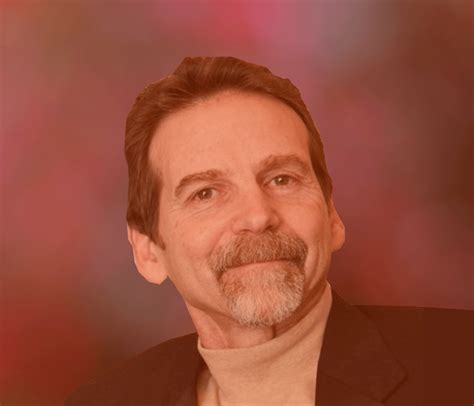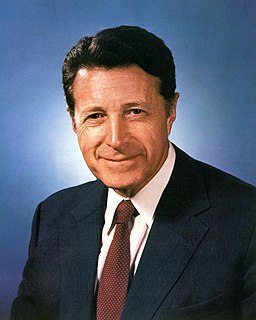A Quote by Susan Griffin
Is it a coincidence that stories from the private life became more popular just as the grand hope for public redemption through revolution was beginning to sour? I witnessed a similar shift in taste in my own time. In the 1960s, while a hopeful vision of a just society arose again, countless poems and plays concerning politics and public life were written, read, and performed. But after the hope diminished and public life seemed less and less trustworthy, this subject was less in style.
Quote Topics
After
Again
Became
Beginning
Coincidence
Concerning
Countless
Diminished
Grand
Hope
Hopeful
Just
Less
Life
More
My Own
Own
Performed
Plays
Poems
Politics
Popular
Private
Private Life
Public
Public Life
Read
Redemption
Revolution
Seemed
Shift
Similar
Society
Sour
Stories
Style
Subject
Taste
Through
Time
Trustworthy
Vision
Were
While
Witnessed
Written
Related Quotes
The less you eat, drink and read books; the less you go to the theatre, the dance hall, the public house; the less you think, love, theorize, sing, paint, fence, etc., the more you save-the greater becomes your treasure which neither moths nor dust will devour-your capital. The less you are, the more you have; the less you express your own life, the greater is your alienated life-the greater is the store of your estranged being.
I did not write it [Coming of Age in Samoa] as a popular book, but only with the hope that it would be intelligible to those who might make the best use of its theme, that adolescence need not be the time of stress and strain which Western society made it; that growing up could be freer and easier and less complicated; and also that there were prices to pay for the very lack of complication I found in Samoa - less intensity, less individuality, less involvement with life.
I guess I don't like the fact that my life is becoming less and less my own - the prevailing attitude that you have an obligation to deliver yourself to the public. Actually, you're delivered to the public whether you like it or not. I guess if you don't like it, you should stop doing what provokes it. In my case, that's acting.
The best way to alleviate the obesity "public health" crisis is to remove obesity from the realm of public health. It doesn't belong there. It's difficult to think of anything more private and of less public concern than what we choose to put into our bodies. It only becomes a public matter when we force the public to pay for the consequences of those choices.
In a Society becoming steadily more privatized with private homes, cars, computers, offices and shopping centers, the public component of our lives is disappearing. It is more and more important to make the cities inviting, so we can meet our fellow citizens face to face and experience directly through our senses. Public life in good quality public spaces is an important part of a democratic life and a full life.
In the transfer society, the general public is not only poorer but also less contented, less autonomous, more rancorous, and more politicized. Individuals take part less often in voluntary community activities and more often in belligerent political contests. Genuine communities cannot breathe in the poisonous atmosphere of redistributional politics.
The public psychology of going into debt for gain passes through several more or less distinct phases: (a) the lure of big prospective dividends or gains in income in the remote future; (b) the hope of selling at a profit, and realizing a capital gain in the immediate future; (c) the vogue of reckless promotions, taking advantage of the habituation of the public to great expectations; (d) the development of downright fraud, imposing on a public which had grown credulous and gullible.






































